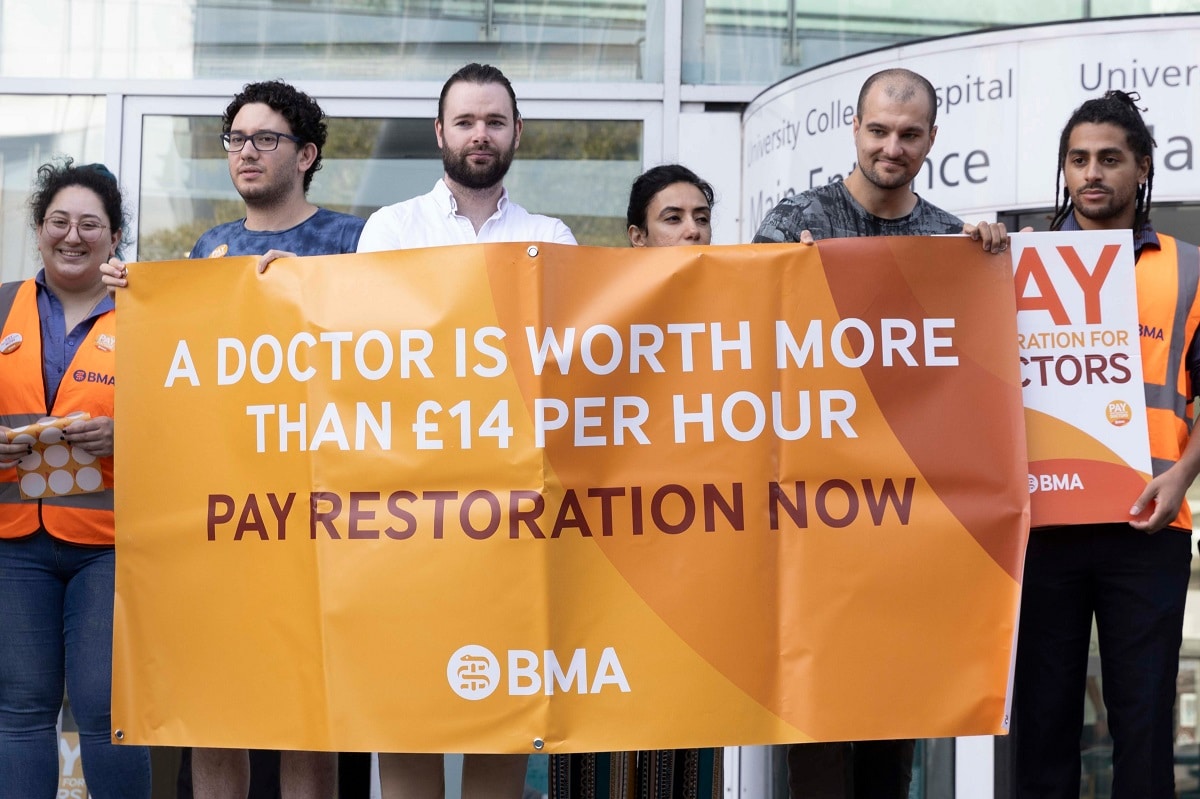Amid the longest strike in NHS history, junior doctors’ demands clash with patient safety concerns, hospital pleas rejected, and an uncertain future looming over the healthcare system.
Historic Strike Action
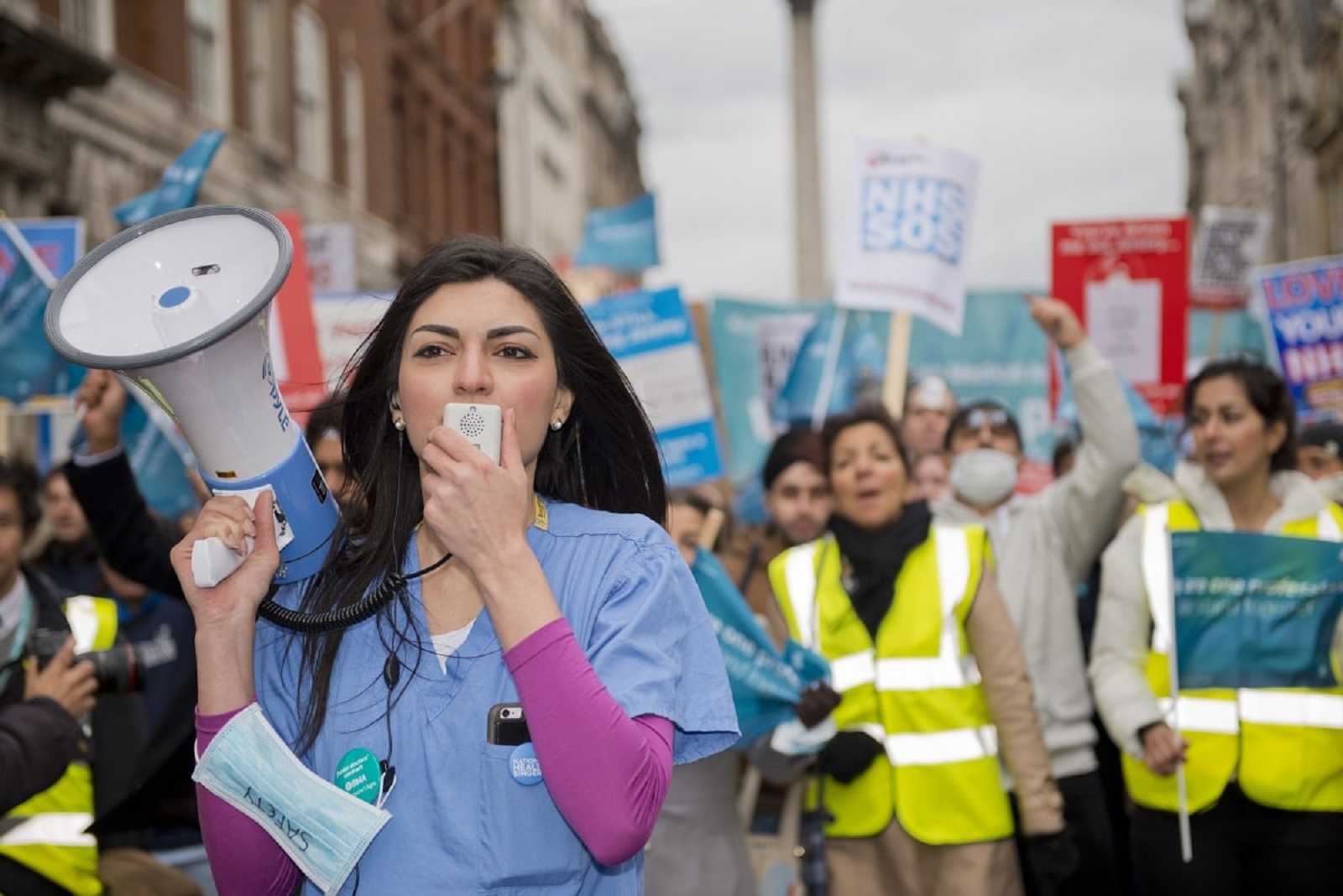
Junior doctors in the United Kingdom have embarked on the longest strike in the history of the National Health Service (NHS), raising concerns about the potential long-term ramifications on healthcare services.
Stalling and Making Excuses

As Vivek Trivedi, a co-chair of the British Medical Association (BMA) junior doctors’ committee, puts it, “If the government stall, or they don’t come to the table, or they make excuses, or they try to push things down the line without any clear reason as to why that is happening … then we will be led by our members.”
Immediate Impact on Health Services
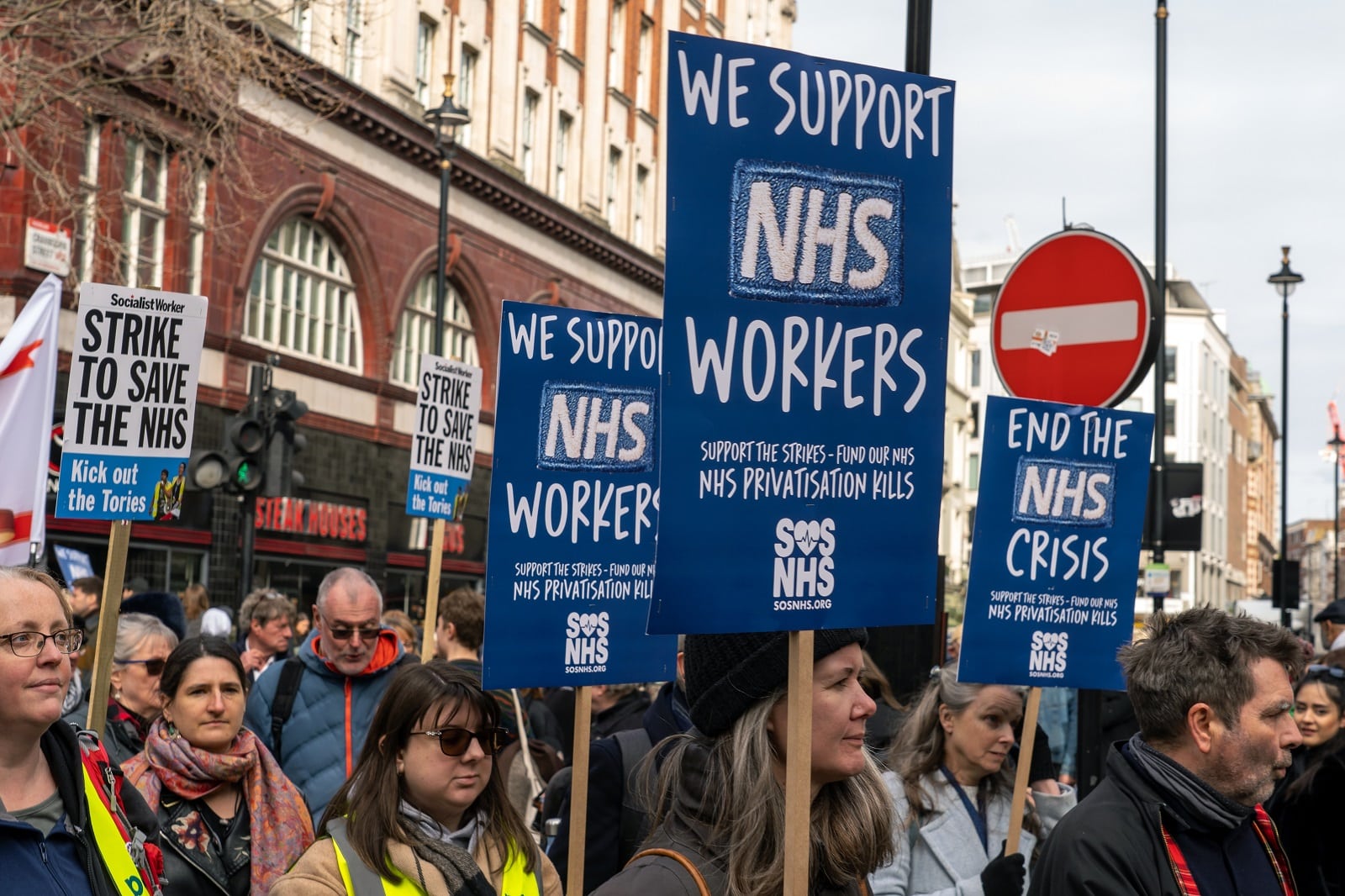
At the end of the first day of the strike, Prof Sir Stephen Powis, NHS England’s national medical director, expressed his apprehensions about the substantial disruption caused by the industrial action.
He stated, “This latest round of strike action will not only have an impact on this week but will have an ongoing effect on the weeks and months ahead as we struggle to recover services and cope with heavy demand.”
Severe Strain on Services
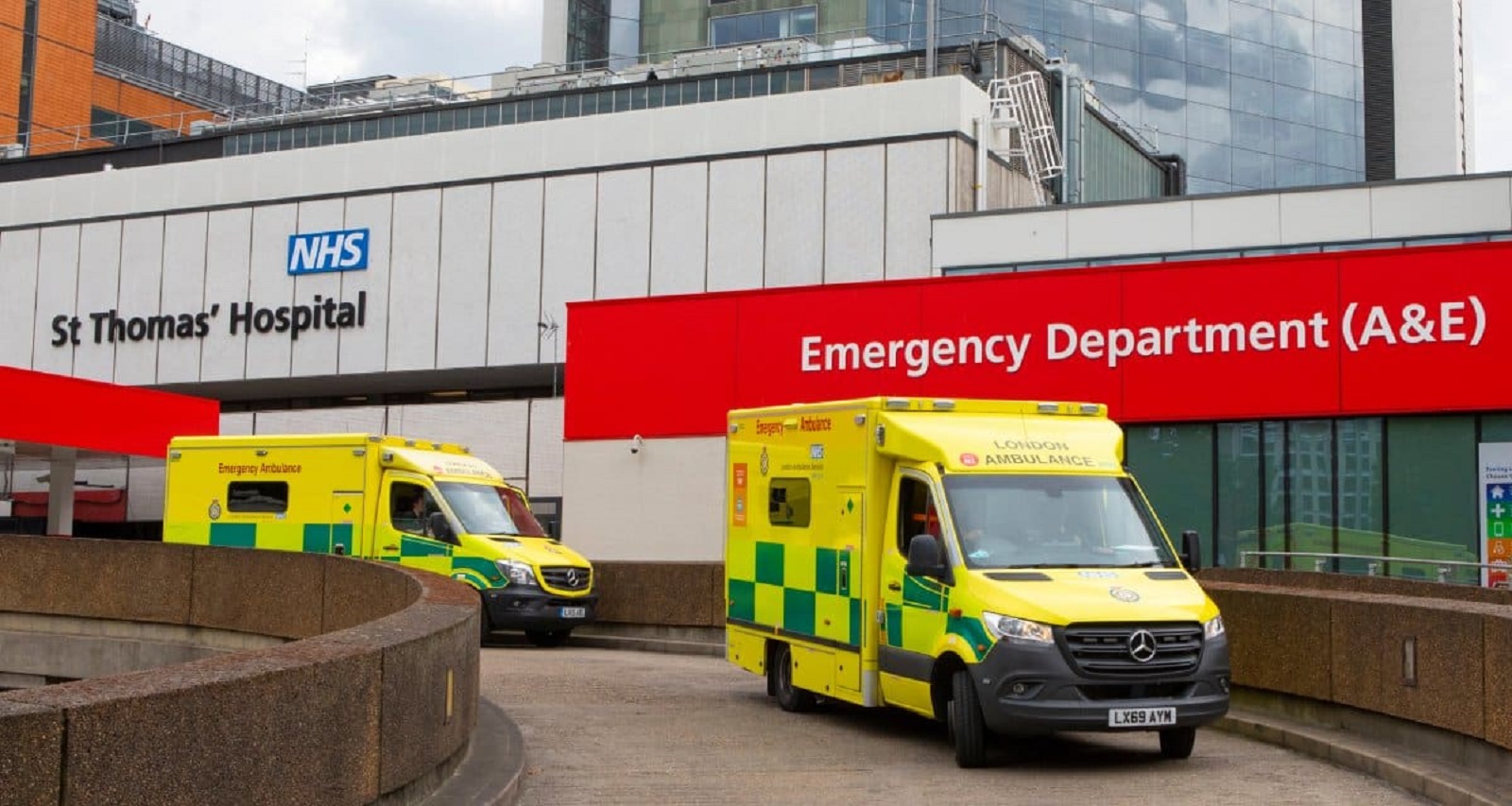
A significant point of contention arose as multiple hospitals facing severe strain requested junior doctors to return to work due to patient safety concerns. However, almost all of these requests were rejected.
A Last Resort

The BMA said such requests should come as a “last resort” and only be used in “unexpected and extreme circumstances unrelated to industrial action”.
Derogation Requests: A Stumbling Block

The British Medical Association (BMA) received derogation requests from as many as 20 hospitals seeking the return of junior doctors.
Derogation Process
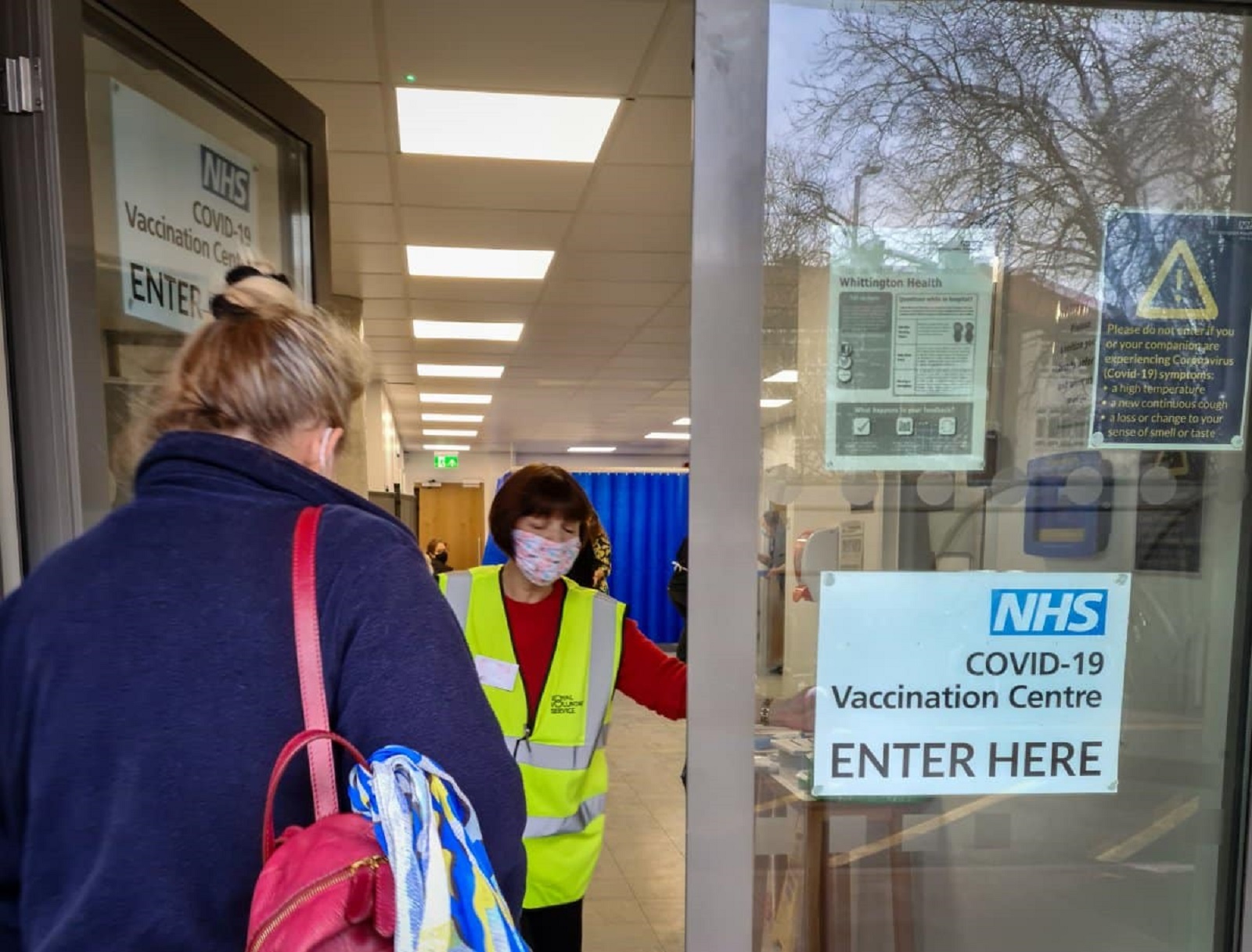
The BMA, however, contended that the derogation process was being undermined, asserting that hospitals failed to sufficiently demonstrate efforts to mitigate the necessity for junior doctors to resume duties.
The BMA emphasized that derogation requests should be considered a “last resort” and applied only in “unexpected and extreme circumstances unrelated to industrial action.”
Not Hellbent on Strikes, Says BMA
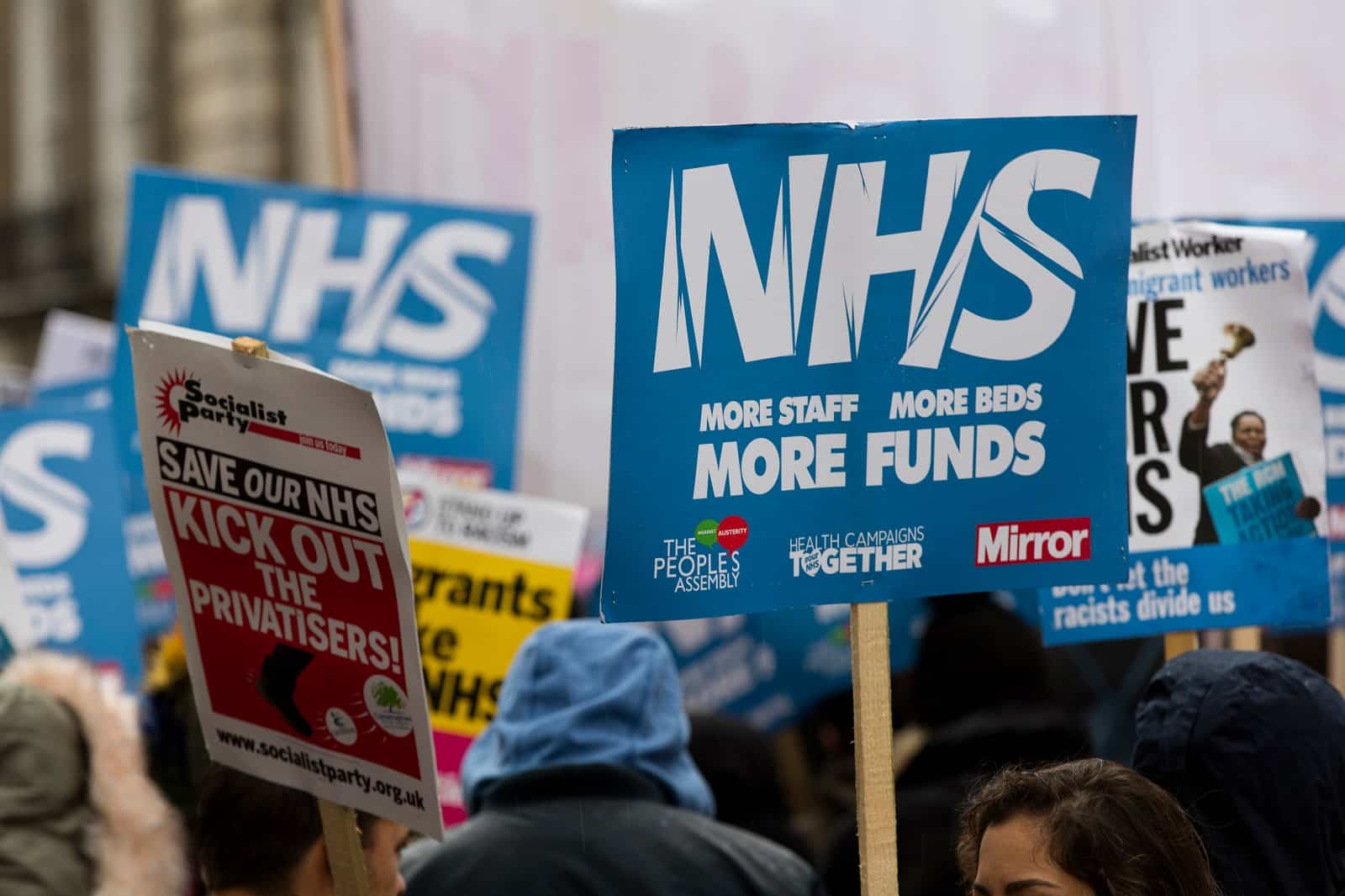
A spokesperson from the BMA highlighted, “The notion that we’re hellbent on calling strikes and all we want to do is call strikes is not what we want. What we want is to negotiate an offer we can put to our members and for our members to accept it.”
The 144-Hour Marathon
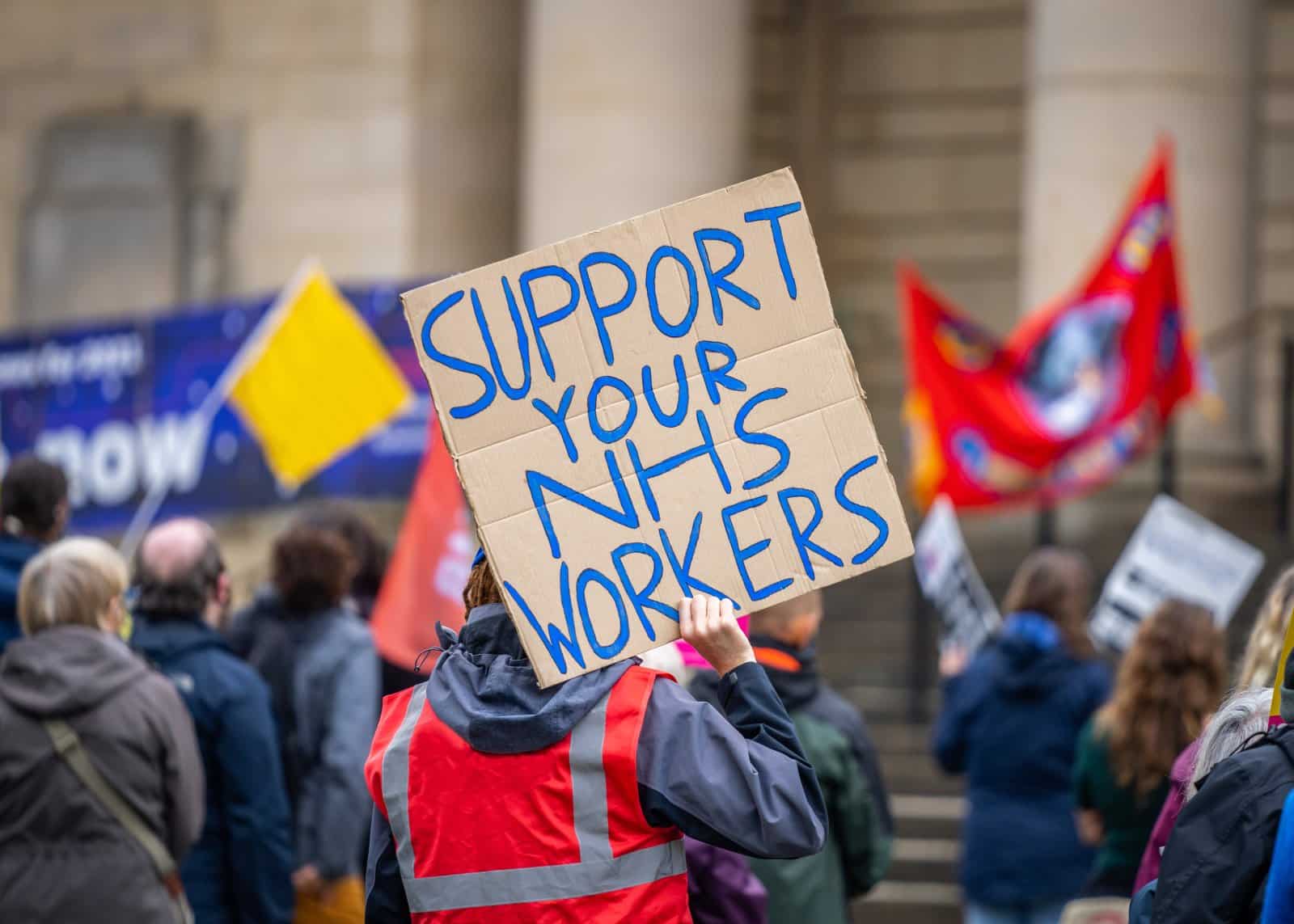
This ongoing strike, spanning 144 hours in January alone, marks the ninth instance of junior doctors withdrawing their services since March of the previous year.
Longest in History
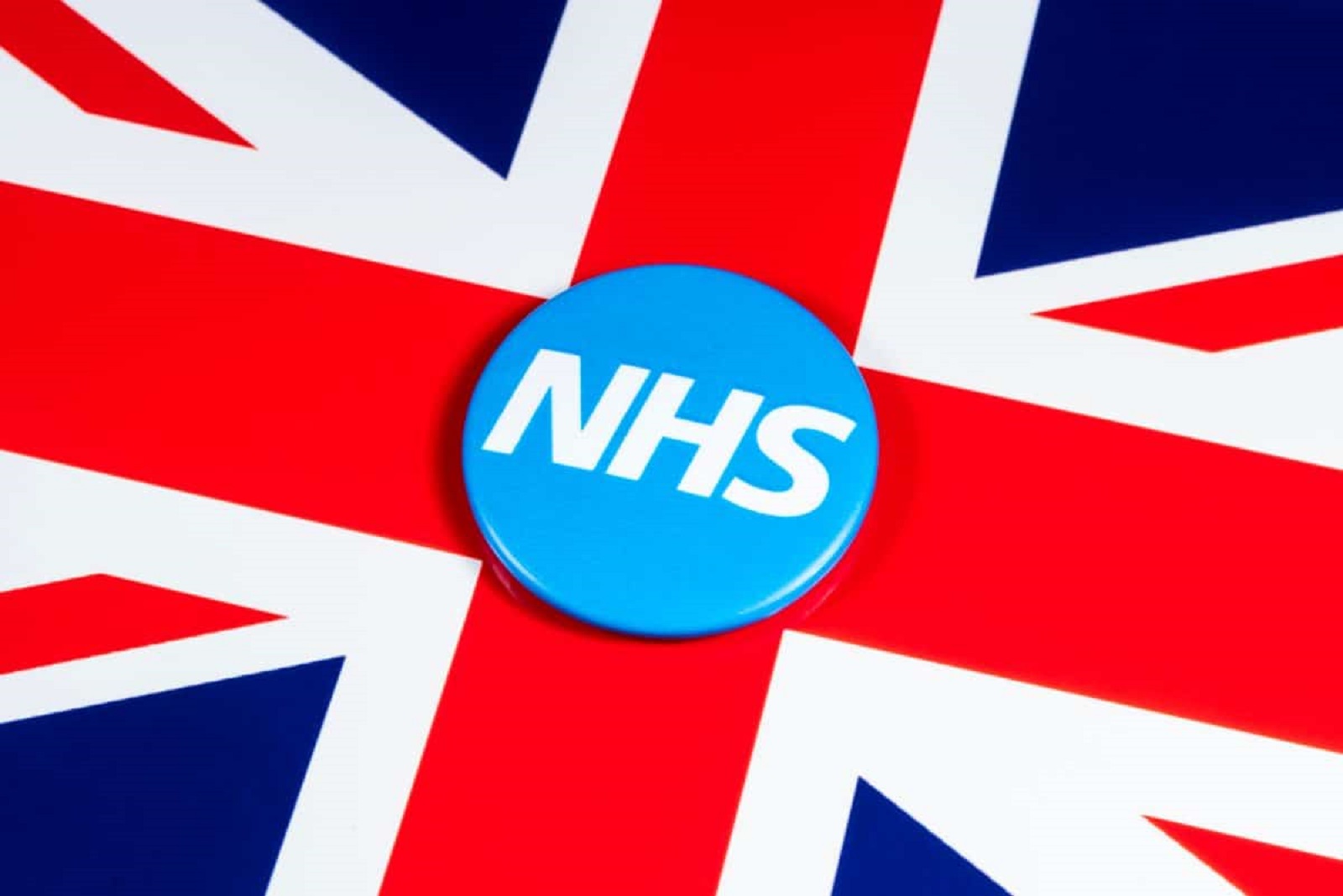
The prolonged nature of this strike surpasses any previous industrial action within the NHS, dating back to its establishment in 1948.
35% Pay Demand

Vivek Trivedi, a co-chair of the BMA junior doctors committee, reiterated the demand for a 35% pay rise over several years. Despite the willingness of junior doctors to accept this increase, the government deems it unaffordable.
Warning of More Strike Action

Trivedi warned of potential future strikes in 2024 if the government fails to engage constructively in negotiations. He states, “In the past, when those kinds of actions have been displayed by the government, our members have wanted us to call for further strike action. I hope that we don’t have to go there, but I can’t rule it out.”
Deep Concern

NHS leaders expressed deep concern over the impact of the strikes, with hospitals reporting exceptional busyness and critical incidents declared in multiple regions.
Winter of Discontent

The strain on the healthcare system is particularly challenging during the winter months when the NHS is already grappling with heightened demands from seasonal viruses.
Striking a Delicate Balance

Vivek Trivedi sought to dispel the notion that junior doctors are eager for strikes, emphasizing their desire to negotiate a favorable offer swiftly.
He expressed hope that the government would resume talks promptly, highlighting the importance of finding a resolution that can be presented to and accepted by junior doctors.
Calls for an End

Health Secretary Victoria Atkins called for the strikes to be called off, recognizing the substantial impact they would have on patients during what is traditionally the busiest time for the NHS.
Nothing on the Table

The plea for a return to the negotiating table reflects the urgency to find a fair and reasonable solution, bringing an end to the protracted dispute.
More Articles Like This…
Broken Britain: 12 Reasons Behind the UK’s Decline
Say the Unsayable: 10 Occasions When Farage Spoke His Mind About Britain
The post NHS Breaking Records for All the Wrong Reasons first appeared on Edge Media.
Featured Image Credit: Shutterstock / Zeynep Demir Aslim.
Grant Gallacher is a seasoned writer with expertise in politics and impactful daily news. His work, deeply rooted in addressing issues that resonate with a wide audience, showcases an unwavering commitment to bringing forth the stories that matter. He is also known for satirical writing and stand up comedy.

